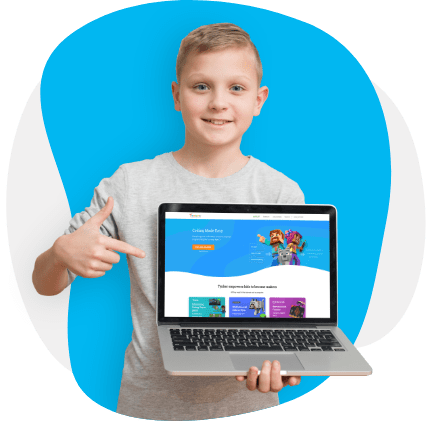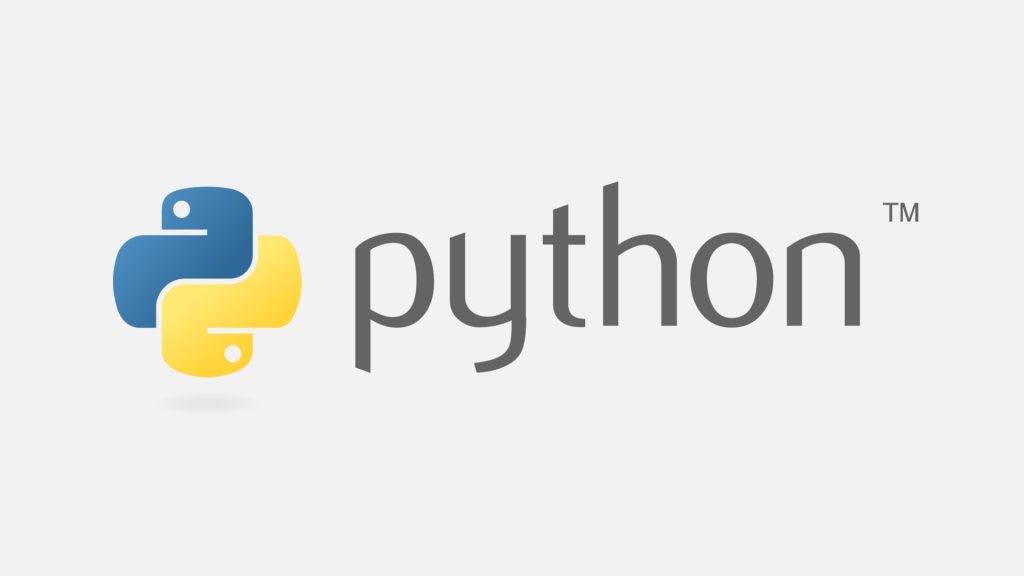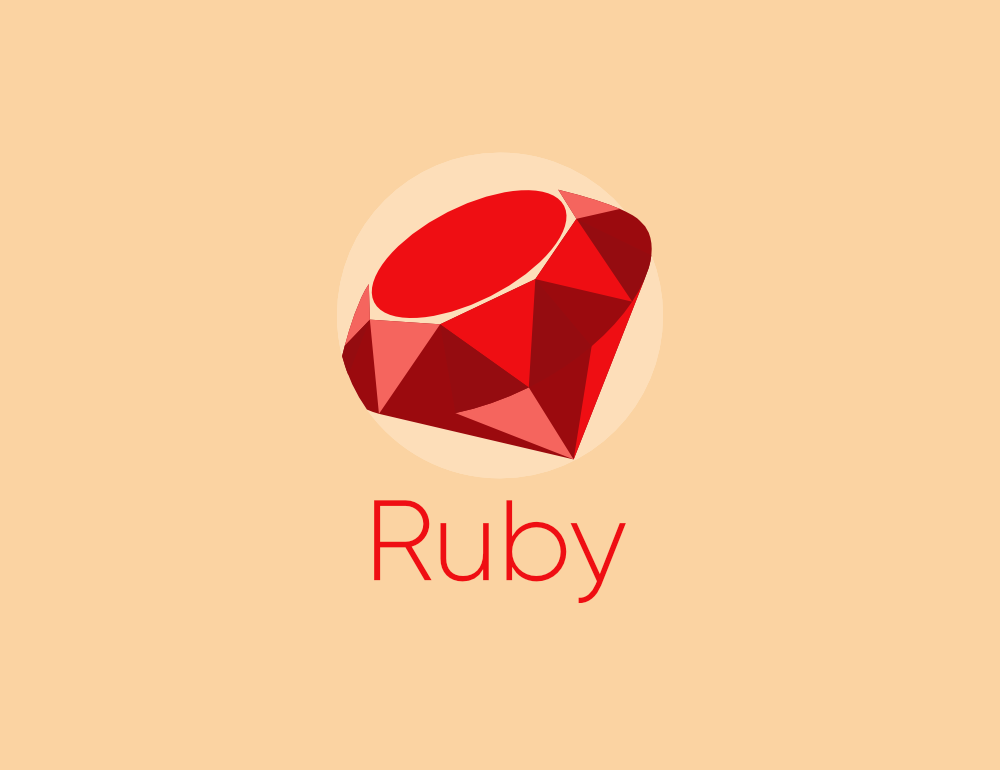The rise of technology has made it compulsory for people to learn programming languages. The demand for professionals skilled in programming has sky-rocketed in recent years. Some advantages of learning this skill are higher marketability and the ability to tackle all kinds of challenges.
Hence, Podium chooses to discuss this topic in detail so that you can consider encouraging your child to take up this enriching and informative aspect of technology which will definitely leave them better off.
Check out our reasons why a child should learn to code. Additionally, we will also look at what programming languages they can learn along with their benefits.
What Is Coding? Why Should Children Learn It?
Coding is the use of a programming language to command how the computer behaves. The programmer writes a set of instructions in a language the computer can understand. Afterwards, the computer gives the desired output.
Learning programming offers kids several benefits apart from it being an excellent career prospect. These benefits are discussed below:-
Coding makes children confident problem solvers
Children who are adept at coding learn from the beginning that there are multiple ways to complete a task. Therefore, they can find different solutions or improve upon what they have already written. Such a skill enhances their confidence and prepares them to take tough decisions in the future. Moreover, it also encourages flexibility of thought in critical situations.
Coding Enhances Thinking Abilities
Programming requires both a creative and logical mind. Children who write code tend to think differently. Hence, they usually come up with unique solutions to a problem.
Coding nurtures creativity
Creativity is essential when writing program codes. It allows programmers to play with problems and come up with a unique approach to solve them. In addition, coding makes it possible to come up with new solutions to old problems.

Top 5 Programming Languages Children Should Learn
As a myriad of programming languages are available, it can be difficult for children to choose one to learn. Below are the five of the best programming languages for children of all ages.
Scratch Programming Language
For ages: 7 to 12 to code applications.
Scratch is a free-to-use educational programming language created by Mitch Resnick. Unlike the other programming languages on the list, Scratch is a block-based programming language. Its target users are new coders and children.
Equipped with an instinctive and highly visual interface, Scratch provides young coders with everything they need to develop games, animations, art and interactive stories.

As Scratch is a visual-based coding language, the risk of technical and syntax errors vanishes. Hence, your children don’t have to worry about a missing semicolon or bracket anymore. As a result, kids can focus on learning and mastering fundamental concepts of coding instead.
In addition, Scratch has an online base of over 70 million registered users. So, interacting with several like-minded individuals can be an excellent source of inspiration and motivation for your child.
Benefits of Scratch:
- Scratch is available to anyone with an internet connection
- Several companies develop hardware that integrates with Scratch
Python Programming Language
For ages: 10 to 18 years
Python is a clear, straight-to-the-point programming language that is user-friendly. It allows programmers to seek online support and use extensive python libraries. This platform is good for kids who wish to learn basic and slightly advanced coding techniques like loops, functions, variables, and data structures. Mastering these will give your child a solid foundation to tackle higher-level programming projects in the future.

Python uses streamlined text. These features make it a good tool for game or web development. Thus, kids can create different 2D games with ease.
Benefits of Python:
- Developers can create entire programmes using python core libraries.
- People use python in highly advanced fields including Cybersecurity and Artificial Intelligence
Ruby Programming Language
For ages: 5 and above
Ruby is a user-friendly programming language that was designed to simplify coding. Therefore, it offers readable syntax similar to python, making it beginner-friendly. Additionally, Ruby allows the coder to develop a program without writing too much code. Popular applications like Twitter, Kickstarter, Basecamp and Shopify were all developed on Ruby.

Benefits of Ruby:
- Ruby offers several unique and secure features for web development
- It gives developers complete creative freedom
- Ruby contains a built-in support for rational and complex numbers, making it easier to solve complex mathematical problems
Java Programming Language
For ages: 10 to 12 years to develop Minecraft coding, 13 to 17 years to create other coding applications
Java is the programming language used to develop Minecraft, an online sandbox gaming platform. It is harder to learn than Python or Ruby, but, you can use Java for almost all back-end development projects. Moreover, if you learn Java as your first programming language, learning any subsequent language becomes easier.

After overcoming the hurdle of installing the Java package and learning its syntaxes, you can make any program using the different online tools, tutorials and resources available.
Benefits of Java:
- It is similar to C and C++ but offers more functionalities, leading to the creation of more robust programs
- Java reduces security threats as it does not use explicit pointers
- Java is a platform-independent programming language
C++ Programming Language
For ages: 13 to 17 years to develop coding games and other applications
C++, an extension of C is an object-oriented programming language. It is commonly used in graphics-heavy gaming, photo, and video editing software. The language is also employed in artificial intelligence.

The programming language looks similar to mathematics which can put a student off learning it. However, despite this, it is the 4th most important coding language used today. Therefore, programmers who wish t formulate more complex programs must learn C++.
C++ is better suited to older children as it requires some basic understanding of coding.
Benefits of C++:
- C++ Provides a variety of built-in libraries
- Programs made in C++ can be scaled easily
Final Thoughts
Programming is a handy skill, especially in today’s world. It teaches children to think critically. Additionally, they develop systematic problem solving as the children have to think about the next step required to make a program work. Finally, it is an introduction to an interesting and lucrative career prospect for your child in future.
Besides the aforementioned languages, there are many available that can be learnt online. However, Java, Python, Ruby, C++ and Scratch are great introductory languages to learn.
Share with your friends